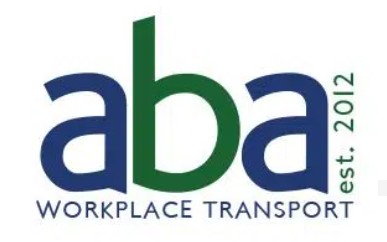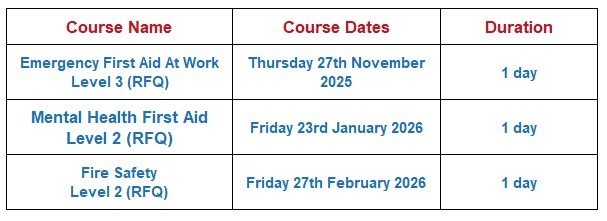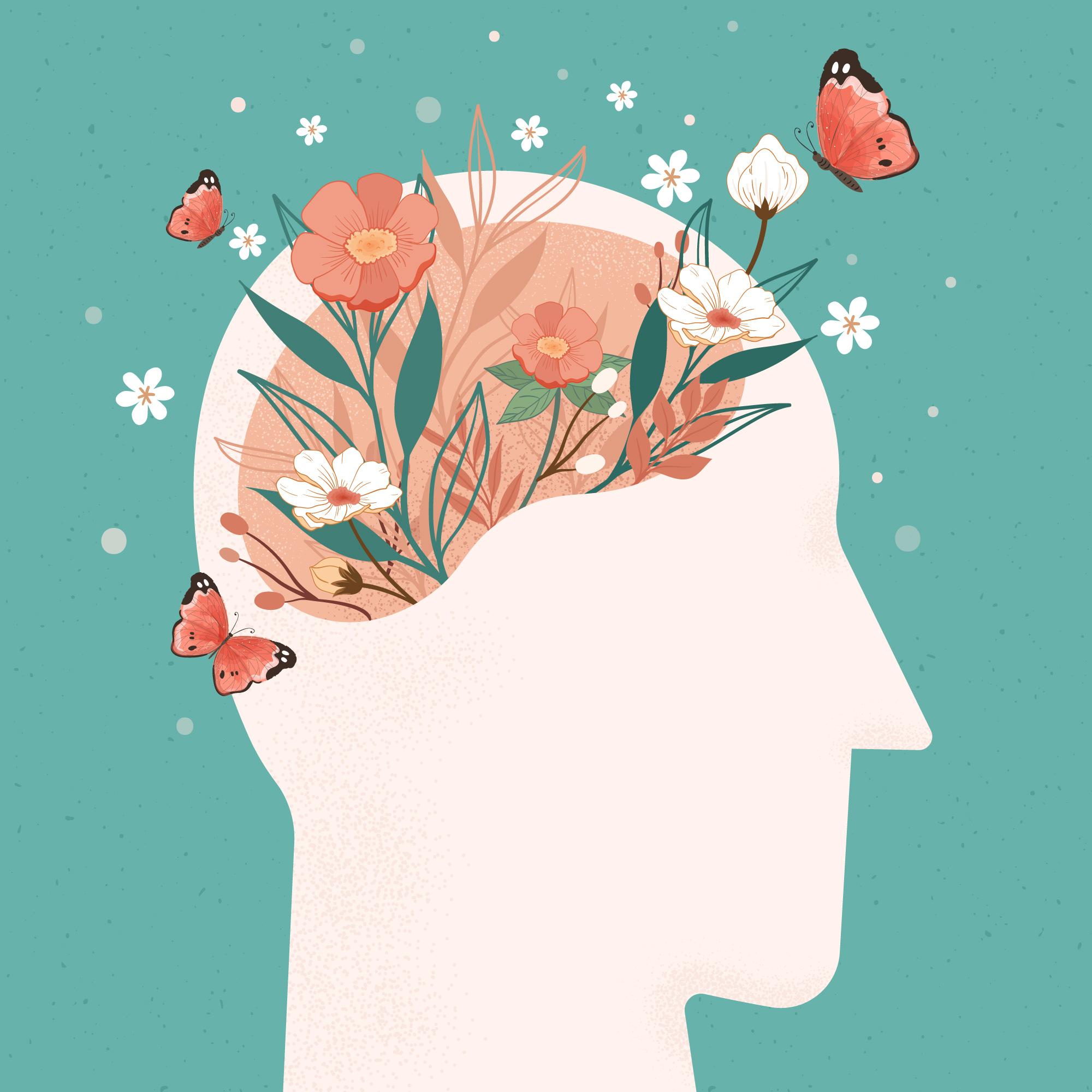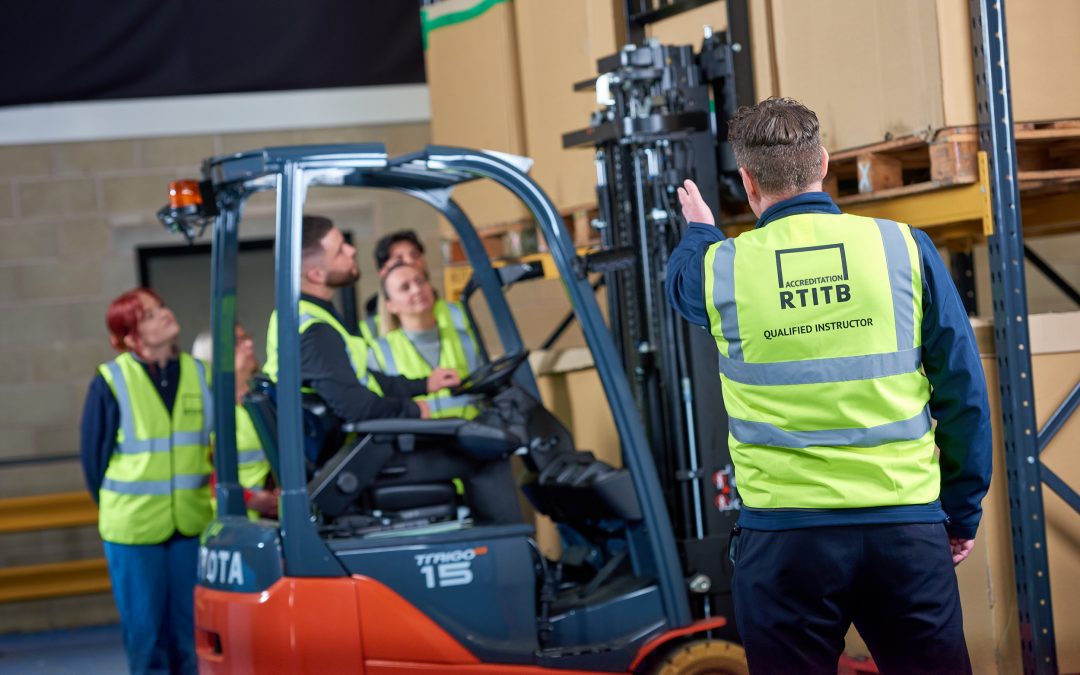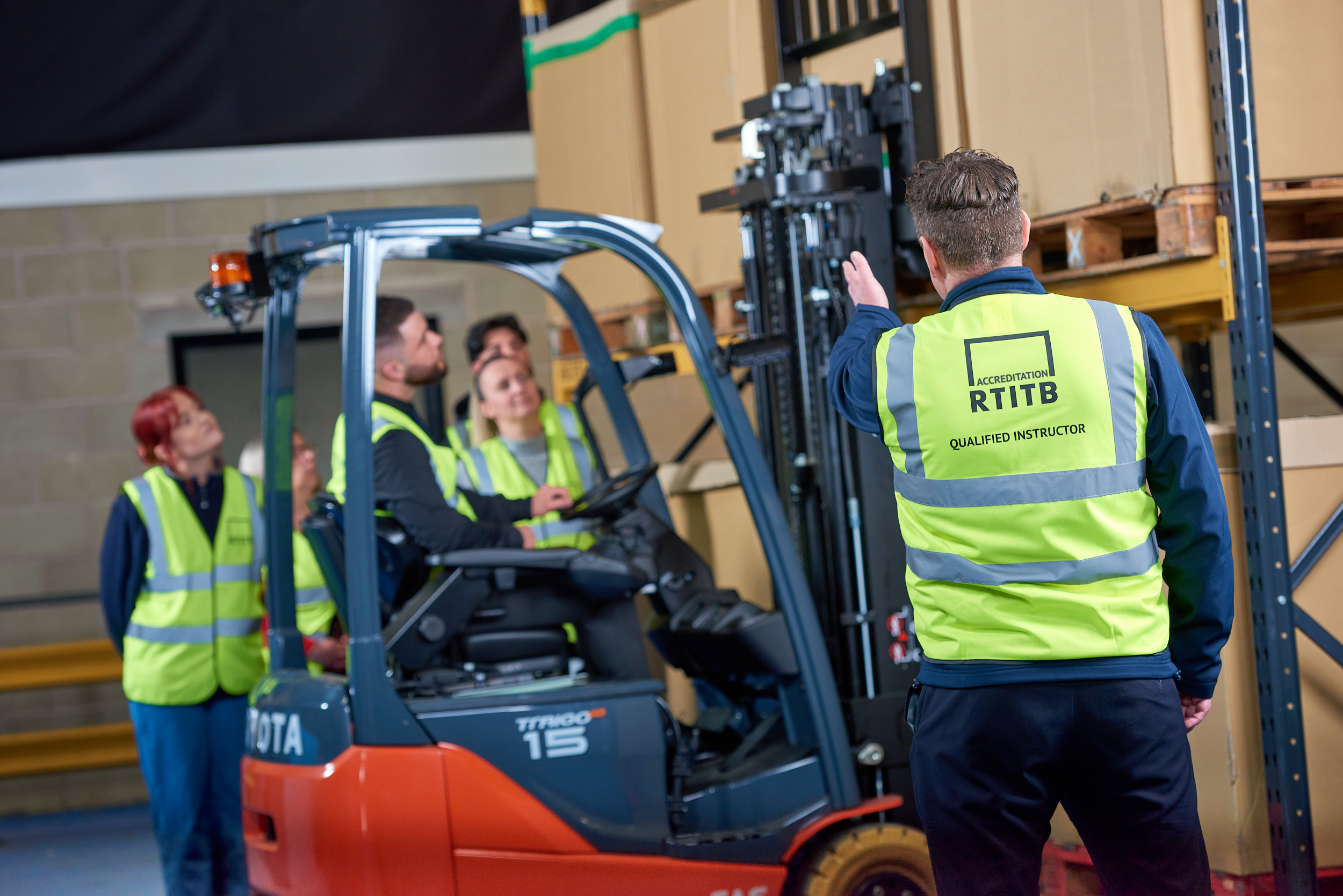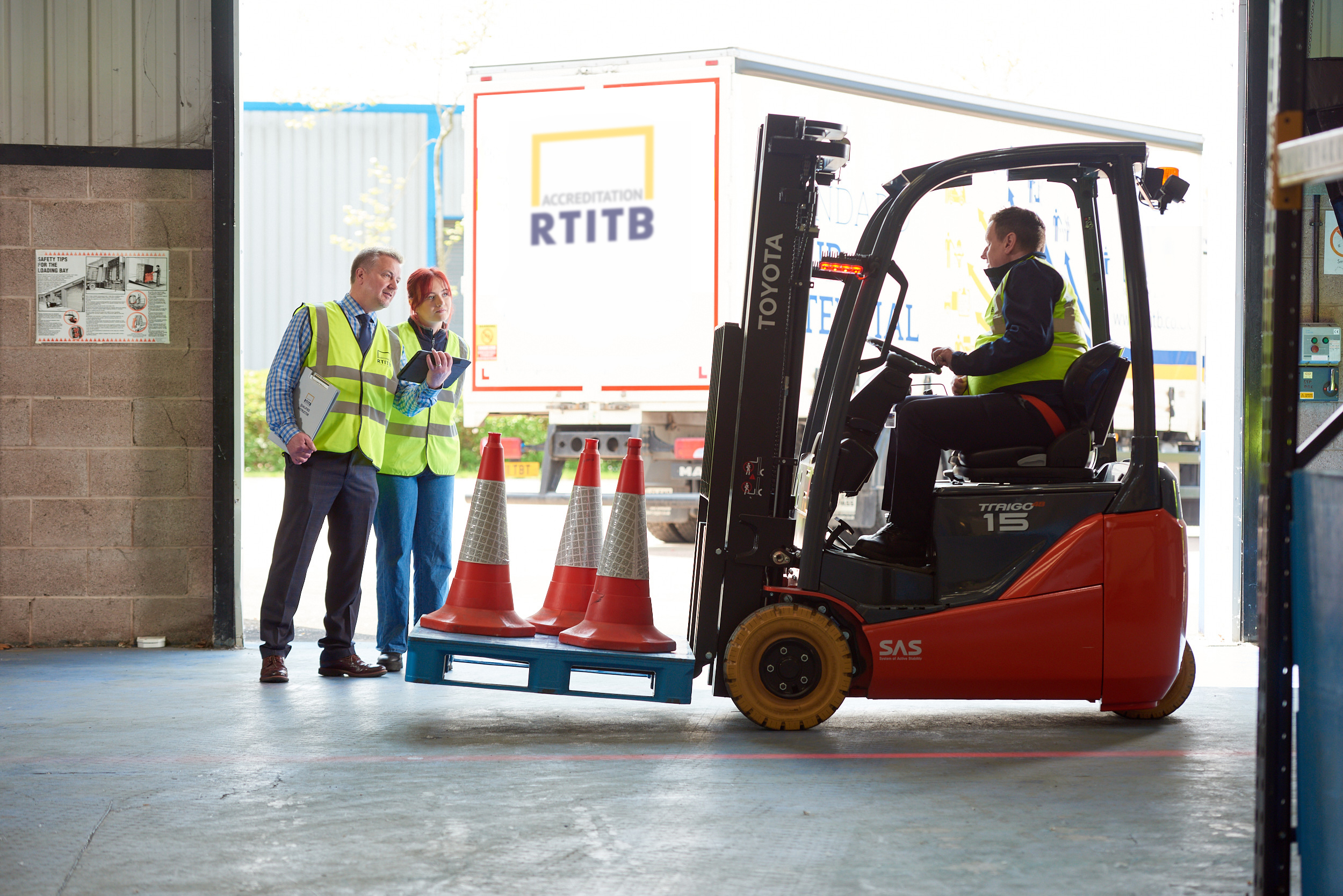
Worker dies in tragic forklift incident

Worker dies in tragic forklift incident
The family of a much-loved man have spoken of his ‘horrific’ death at work following the prosecution of his employer.
Chris Keegan was killed on 20 November 2023 while working for Hessle Plant Ltd as a delivery driver at its main depot in Castleford, West Yorkshire. Chris’ widow Dianne said: “Chris was a wonderful, kind and generous man, who would do anything he could for anyone. He especially did anything he could for me.
“My heart is broken, and I will never get over losing my husband in such a horrific way. He never deserved to die in such tragic circumstances.”

Leeds Magistrates’ Court heard that Mr Keegan had been tasked with returning the forklift truck to a customer’s site in Sheffield following repair work to its transmission.
As he reversed the vehicle onto the trailer shortly after 6am, it fell from the side of the trailer bed. Mr Keegan was thrown from the seat and became trapped between the chassis of the forklift and a neighbouring trailer.
Mr Keegans wife and two of his stepdaughters arrived at the depot as the emergency services fought to save Chris’ life, but tragically his injuries proved fatal, and he passed away at the scene.
An investigation by the Health and Safety Executive (HSE) found that the forklift had not been subject to a full inspection to ensure it was safe to operate. Examination of the forklift by HSE after the accident found several other defects which should have been identified and rectified before it was operated.
The investigation found that whilst Hessle Plant Ltd would undertake a full pre-delivery inspection on forklift trucks being delivered to new customers, at the time of the accident the company did not do this for machines being returned to existing customers.
HSE also found that many of the company’s employees would rarely wear seatbelts when operating forklift trucks, and there was no system in place for monitoring and enforcing seatbelt use on site.
HSE guidance states that employers should ensure that work equipment – such as a forklift truck – has been properly maintained and inspected if necessary to ensure it remains in a safe condition to operate. HSE guidance also states that where seatbelts are fitted to a counterbalance forklift truck, they should be used.
Hessle Plant Ltd, of Carrwood Road Industrial Estate, Glasshoughton, Castleford, pleaded guilty to breaching Section 2(1) of the Health and Safety at Work etc. Act 1974. The company was fined £433,550 and ordered to pay £8,146.80 in costs and a £2,000 victim surcharge as Leeds Magistrates’ Court on 26 November 2025.
Speaking after the hearing HSE inspector, David Beaton, said: “This was a tragic and preventable death. Mr Keegan was placed at undue risk by operating a machine with underlying maintenance defects, which he would have been unaware of when attempting to reverse the forklift in the dark onto a trailer with an exposed edge.
“Had Mr Keegan been wearing the seatbelt provided, the accident he suffered would likely not have proven fatal.
“Every year there are fatal accidents caused by machinery which has not been properly maintained or inspected, and forklift truck drivers not wearing seatbelts. This case should underline to all businesses, which hire out or operate forklift trucks, the importance of keeping machinery in efficient working order and ensuring the use of seatbelts by forklift drivers is appropriately supervised.”
To ensure everyone operating a forklift truck knows how to do so safely, ensure they receive high quality, accredited training with us today. For a list of our forklift courses, please visit our website.
Our thoughts are with Chris’s family whilst they deal with the ongoing pain this awful incident.
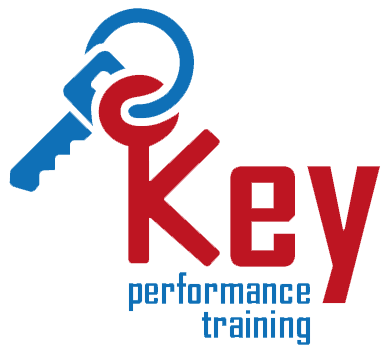
Need more information?
For more information please do get in touch.
You can reach us via our contacts page, via email or just give us a call on 01793 975353



